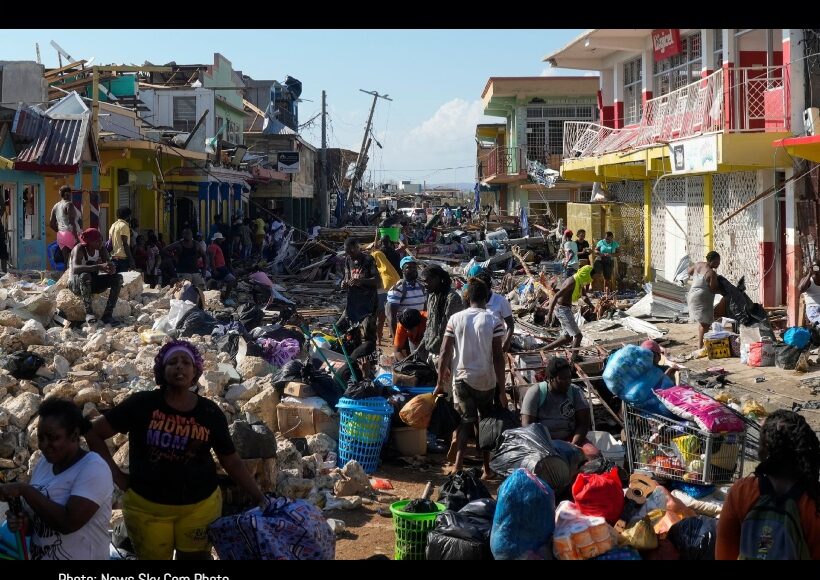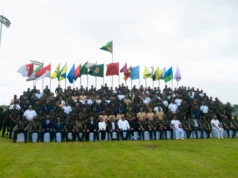Following Hurricane Melissa, the Government of Jamaica will receive a full payout of $150 million under its catastrophe insurance coverage with the World Bank, backed by a catastrophe bond issued in 2024 by the World Bank (International Bank for Reconstruction and Development.
Guyana Standard understands that analysis carried out by a third-party calculation agent, AIR Worldwide Corporation, concluded that Hurricane Melissa reached pre-agreed parametric triggers.
This qualifies for a full redemption of the World Bank Catastrophe Bond, which offers Jamaica financial protection against specified natural disasters. The analysis was based on the storm’s central pressure and path, as reported by the National Hurricane Center.
As one of the most exposed countries to natural disasters, Jamaica has a well-developed disaster risk financing strategy. Jamaica initially received insurance coverage against named storm events from the World Bank through a World Bank-issued catastrophe bond in 2021 and renewed its coverage three years later with the 2024 catastrophe bond.
Catastrophe bonds transfer financial risks from natural disasters to global capital markets and are one of many financial instruments available to support countries in the aftermath of natural disasters such as hurricanes and earthquakes. Catastrophe bonds are recognized by credit rating agencies as beneficial to countries and form part of their disaster risk management toolkit.
In addition to the forthcoming full payout, a broad package of World Bank Group assistance is ready to be mobilized to support Jamaica — combining quick-disbursing emergency finance, the redeployment of existing project funds, and targeted private-sector support through the International Finance Corporation, the World Bank Group’s private sector development arm.











